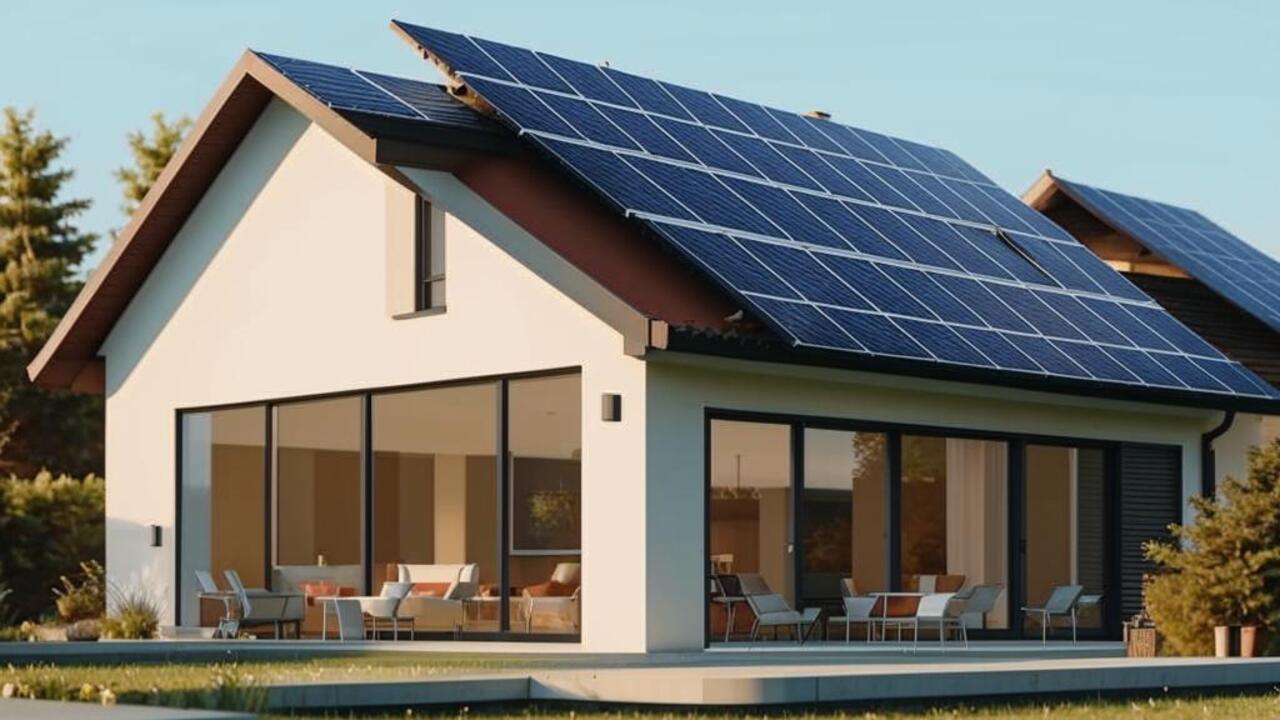By 2050, Japan needs to become carbon neutral, which involves reducing emissions and reducing the carbon footprint not only in the industrial sector but also in the residential sector. And this applies above all to private households, which account for 15% of the country’s carbon emissions.
However, according to the latest data, more than 30 percent of households do not meet the requirements of the decarbonization program and the characteristics of zero-energy homes. Net-zero energy homes use solar or other renewable energy to produce at least as much energy as they use, and are more thermally efficient than other homes because of their good insulation.
The homes are expected to play a key role in Japan’s efforts to meet its international commitment to carbon neutrality, but new documents show the program is not progressing as quickly as the Japanese government would like.
Source: Ferra
I am a professional journalist and content creator with extensive experience writing for news websites. I currently work as an author at Gadget Onus, where I specialize in covering hot news topics. My written pieces have been published on some of the biggest media outlets around the world, including The Guardian and BBC News.










